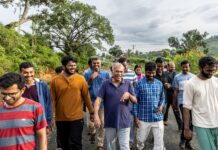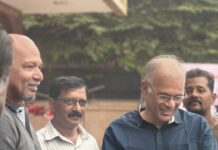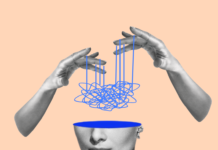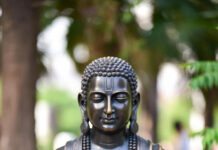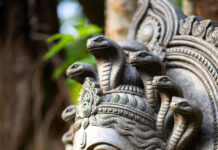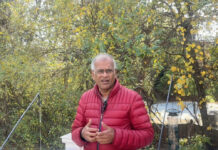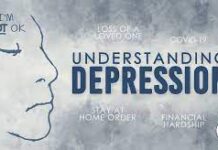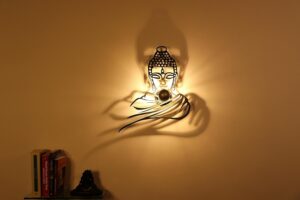
Dear Jeyamohan,
I recently watched a video of yours on the “Unified Wisdom” YouTube channel. You emphasized the importance of learning about everything, including, if possible, a microorganism’s collective knowledge. You suggested that true wisdom lies in seeking knowledge in its entirety. Can one truly achieve absolute wisdom by acquiring knowledge about everything? Is it humanly possible to grasp all knowledge?
Maxine
Dear friend,
Even a brilliant individual in a particular field can only grasp a portion of it. This implies that even Einstein had a limited understanding of physics. Thus, the notion of attaining complete knowledge across all fields is unrealistic.
The human brain consists of billions of neurons. Neuroscientist Richard Restock mentions in his book that each neuron has its own unique cognition. The fusion of billions of human brains forms human thought. If we view collective human thought as a single brain, we can perceive each individual as a single neuron within it. Every living being on Earth, be it humans, animals, fish, insects, germs, or plants, possesses its own distinctive collective wisdom. We can compare all of these organisms’ collective knowledge to a vast brain known as ‘nature’. Nature’s wisdom is but a neuron in the cosmic brain of the universe, a mere fraction in the vast ocean of knowledge. An individual who is aware of themselves would never entertain the idea of ‘knowing it all’.
So, what can we ultimately achieve? What is omniscience? No matter how vast the ocean is, our personal ocean is just a handful of water we reach for. Even though there are countless foods on this earth, what we eat is our food. That’s all we talk about. We want the water with us to be both balanced and comprehensive. This is what we refer to as omniscience. It is anti-intellectual to assume something is true just because we happen to come across it.Unified wisdom is a conscious and continuous attempt to make as much as we can of our personal speck of the ocean as a perfect part of ‘the ocean’
The Vedanta tradition teaches that ignorance envelops knowledge, likened to a foetus in the womb, fire in smoke, glass beneath glue, and water in a vessel. In our daily lives, these factors limit our knowledge.
- Our living, educational, and intellectual environments significantly shape our knowledge, with many aspects being predetermined from birth. (foetus-uterus)
- Our needs, fears, and desires shape our cognition. To conquer or satisfy these basic drives, we seek knowledge. (fire-smoke)
- Our self-centred view designs our knowledge. We value knowledge based on our own ethnicity, language, nationality, and religion. We naturally use our intellect and taste as the yardstick of knowledge (glass-glue)
- Lastly, our prior knowledge hinders our ability to learn new things. This is the primary obstacle, according to Buddhist philosophy. J. Krishnamurthy was also saying the same thing as freedom from knowledge. (water-vessel)
The path to wisdom is not just about ‘knowing’. Also in ‘perception’. Suddenly, the entire ocean feels like water in your palm. All of our knowledge helps us move toward that insight. Have you ever had an experience where some knowledge suddenly became a symbol, a representation, and revealed the whole truth?
On this path of wisdom, as we recognise ‘this is, this is’ and then ‘not this, not this’, a sudden realisation dawns upon us. We stuck with awe. We sit speechless. If those moments keep increasing, it means we are on the right track.
As children, we used to play a particular game. Twenty boys would lift a boy with their index fingers. They can effortlessly lift that body by touching twenty different points on it. The lifted one also feels like he is floating in the air. That is a perfect example of unified wisdom.
Jeyamohan

